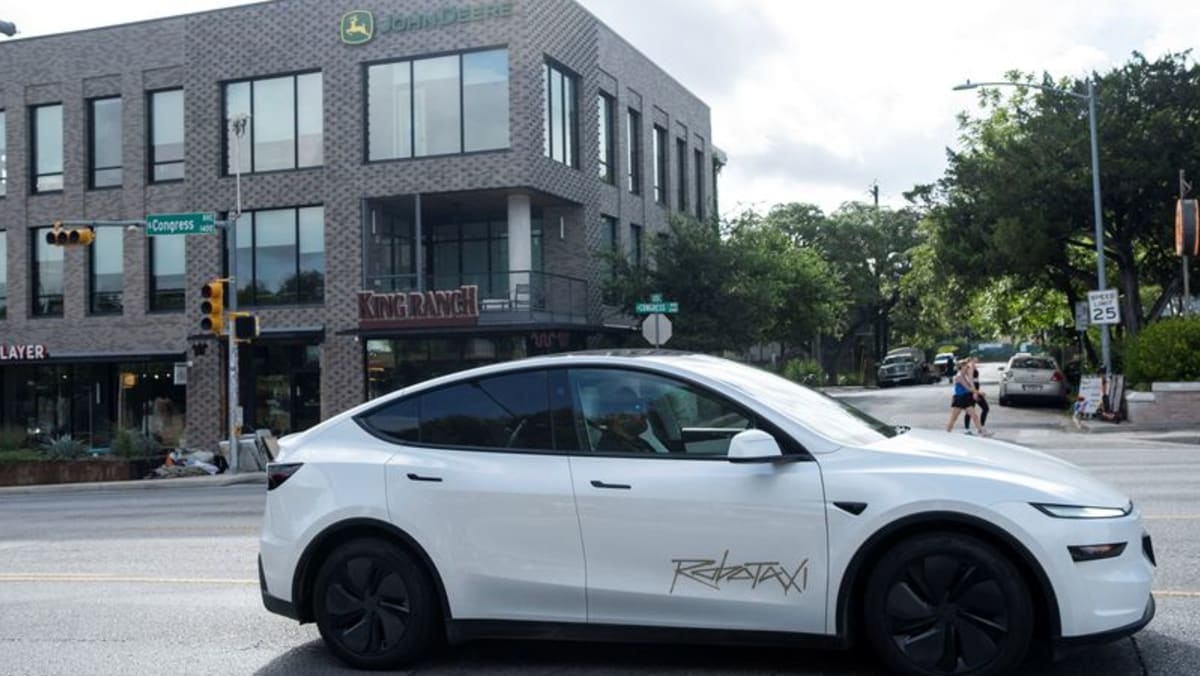SAN FRANCISCO :Tesla will expand its robotaxi service to the San Francisco Bay Area “in a month or two”, depending on regulatory approvals, CEO Elon Musk said on Wednesday.
Tesla last month rolled out a test of the long-promised service in a limited area of Austin, Texas, with about a dozen vehicles, a select group of passengers and many restrictions, including a safety monitor in the front passenger seat.
Tesla will expand the service to “a larger area in Austin this weekend,” Musk said on his social media platform X in response to a post from a user about the lack of an update on expansion. Musk did not specify the location or size of the expansion.
Another X user – Tesla Owners Silicon Valley – then asked about an expansion to the Bay Area, and Musk replied, “Waiting on regulatory approvals, but probably in a month or two.”
The successful expansion of robotaxis will be crucial to Tesla’s future as sales of its aging lineup of electric vehicles have slumped amid rising competition and a backlash against Musk’s embrace of far-right political views. Much of the company’s trillion-dollar valuation hangs on Musk’s bet on robotaxis and humanoid robots that are powered by artificial intelligence.
Commercializing autonomous vehicles has been harder than anticipated with high costs, tight regulations and investigations forcing many, including General Motors’ Cruise unit, to shut down. Until Tesla’s recent rollout, Alphabet’s Waymo was the only company running driverless robotaxis charging fees from passengers.
Waymo with about 1,500 vehicles has been expanding its service cautiously for years and is currently available in San Francisco and other cities in the Bay Area, Los Angeles, Phoenix, Austin and Atlanta. Musk has said Tesla will ramp up the service rapidly to other U.S. cities.
But while Tesla faced almost no regulation in Texas, California tightly controls where and how firms can operate autonomous vehicles and requires testing data for permits.
In California, Tesla would need a series of permits from the state’s Department of Motor Vehicles (DMV) and the California Public Utilities Commission (CPUC) to operate a fully autonomous robotaxi service that charges customers.
The CPUC in March gave Tesla the first in a series of approvals required to eventually launch the service. The DMV and CPUC did not respond to Reuters’ requests for comments outside of regular business hours.
Tesla’s public test in Austin led to multiple traffic problems and driving issues, social media videos from the company-selected riders showed over the first few days.
